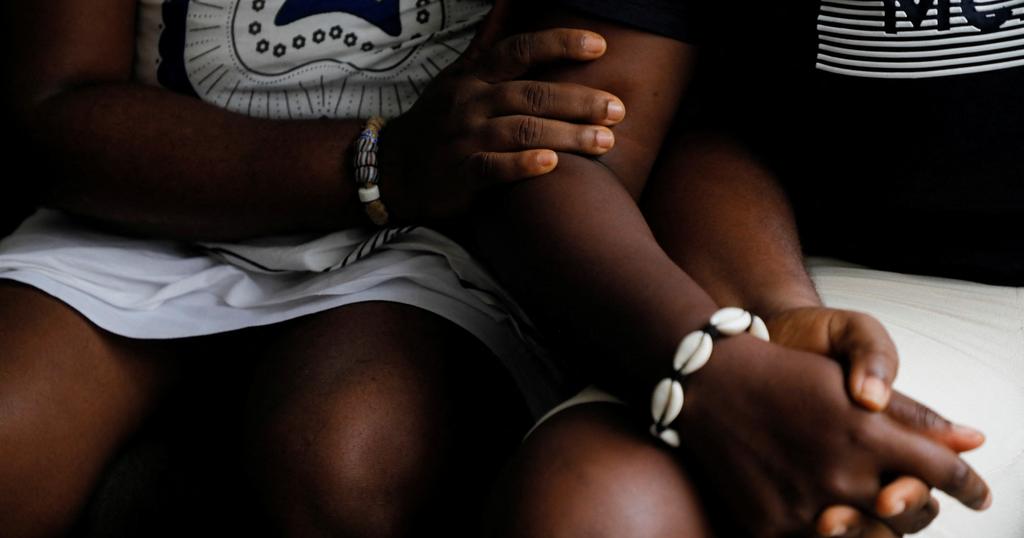Is there a secret to longevity? This health expert says 1,000% yes
In the era of social media, post-COVID, and with mental health at the forefront, a shift is taking […]

West African country, Ghana has been in global conversations since the passage of a Proper Human Sexual Rights and Ghanaian Family Values Bill popularly referred to as the ANTI-LGBTQ+ Bill.
The Bill was unanimously approved and passed by the country’s parliament on February 27, through a voice vote.
Introduced to the House in July 2021, the Bill is currently awaiting presidential assent to be passed into law.
Once passed into law, the promotion and funding of LGBTQ+ activities and public display of affection among other things will be criminalized.
Many Human Rights groups have since reacted to the development, with bodies like the Board Chair for the Centre for Democratic Development (CDD), Ghana, Professor Audrey Gadzekpo urging the President, Nana Addo Dankwa Akufo-Addo to refrain from assenting the Bill.
What are the proponents of this Bill and what does it mean for the country if passed? Here is a breakdown of Ghana’s Anti-LGBTQ+ Bill as proposed by parliament.
What the act is about:
The Bill tasks citizens to promote and protect the human sexual rights and family values defined in section 19 of the Act (Human Sexual Rights and Family Values Act 2024).
Who it affects:
The act applies to people who hold out as lesbian, gay, bisexual, queer, transgender, transsexual, ally, pansexual, or persons of any other sexual orientation or in a sexual relationship contrary to the sociocultural relationship between a male and a female.
It also applies to persons involved in the promotion of advocacy for, support, or funding of LGBTQ+ activities or persons who provide or participate in the provision of sex or gender reassignment, surgical procedure, or any other procedure intended to create a sexual category other than the sexual category of the person assigned at birth except in cases where the procedure is intended to correct abnormality including intersex.
Persons who engage in sexual activity prohibited under this Act will be sanctioned.
How the Bill affects the respective groups:
Disbandment and prohibitions:
Duty to report:
Citizens who have knowledge of persons who commit offences prohibited under the Bill are to report to the Police Service or relevant authority of the community within which it was committed.
Regulations:
The Gender Ministry is expected to make regulations to regulate approved service providers and provide for the support of victims of sexual activities prohibited under this Act, assistance for intersex persons, and the effective and efficient implementation of the Act.

In the era of social media, post-COVID, and with mental health at the forefront, a shift is taking […]

With its fast speeds and revolutionary potential, 5G stands out as a noteworthy milestone in the field of […]